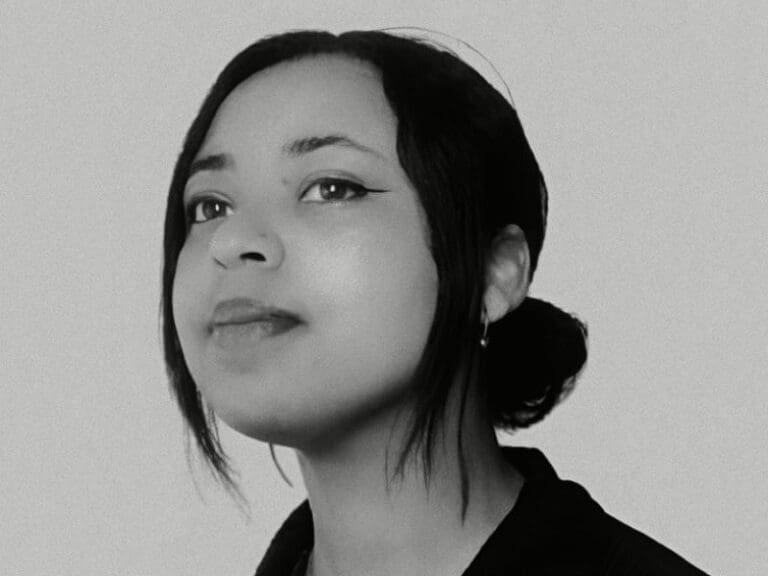Gianna Osborne is a Games Development Lecturer with an Associate Fellowship in Creative Higher Education.
She approaches teaching and collaboration with a creative mindset, aiming to make learning engaging, practical, and inspiring. Gianna enjoys finding imaginative solutions to challenges and helping students turn their ideas into fully realized game experiences.
When I secured my full-time academic position, I experienced a mix of emotions, mainly joy and relief.
I fully acknowledge and appreciate those who say I’m fortunate to be where I am, and I will always be deeply grateful to the colleagues, mentors, tutors, and friends who have supported me on this journey into academia—particularly in the field of games, which remains a relatively niche academic discipline. However, as I transition further into my career pathway, I’ve become increasingly aware of a particular internal freight, prompted by an occasional voice in the back of my mind whispering, “You might be a diversity hire.”
As a young woman of colour, this thought—whether grounded or not—can emerge in any role or industry. And if that were truly the basis of my hiring, it would be so disheartening. Nevertheless, rather than allowing this to undermine my confidence, I’ve transformed that doubt into determination and spiteful motivation. I am not ’just a diversity hire’, and I am committed to proving that through the quality of my work and the impact I have.
I think what spurs on my imposter syndrome is the fear of failing—it’s not nice when you do. But what I’ve learnt to do, and sort of made a habit out of, is reflecting. I have a little book somewhere at home where I ask questions in one colour and answer those same questions in another. It’s like a little conversation with myself, which sounds crazy to read back, but it’s helped me immensely. Whether I’m having a bad work day, doubting myself, or just overwhelmed by life handing me lemons—I prefer blueberries, by the way—this practice grounds me.
I don’t know whether it’s the same for my male colleagues. Our team enjoys being competitive in the quality of work we produce, which I love. But looking at it from a different perspective, I think the fear of failure is something that probably unites us. It creates this shared understanding behind the layer of competitive fun. That recognition—of both my inner critic and my shared human experience with others—helps me move forward with more clarity and self-compassion.
In my current role, I oversee and continue to expand the professional industry network that was initially developed for the Game Design course. This network now considers Games Art, Games Programming, and broader Games Development. I maintain strong relationships with studios such as Rocksteady and Massive Monster, and I actively invite professionals from adjacent creative fields—most recently, an escape room designer, to share their professional experiences and practices with the students.
I teach game theory to first-year students, a subject I am super passionate about. Drawing from a wide array of texts, from Johan Huizinga’s foundational work, Homo ludens to more contemporary sources such as Hidden Games: The Surprising Power of Game Theory to Explain Irrational Human Behaviour by Erez Yoeli and Moshe Hoffman and enabling exploration of theories through creative task design. In addition, I occasionally lead technical tutorials in both Unreal Engine and Autodesk Maya. I am proud to have recently become an Authorised Unreal Engine Instructor, with Unity certification as one of the next professional milestones I am striving towards.
I frequently apply my background in digital marketing to support final-year students in showcasing their work effectively. This includes organising and requesting their presence at industry events they might not have otherwise accessed and helping them engage more confidently with professional networks.
Ultimately, my goal is to make sure that the students I teach are not only introduced to a wide range of creative pathways within the games industry but are also empowered to explore and pursue them. The current volatility of the games industry—particularly within AAA studios—is no secret, and I have my own developing theories about this, although that’s a discussion for another day. For now, my mission is to embody the best qualities of the tutors who once believed in me, and to pass that belief forward.
I know how hard it is to break into this industry, and I’m committed to giving my students a real chance to succeed. Because I know that I am more than a “diversity hire”—I am an educator, a professional, and an advocate for the next generation of game makers.








